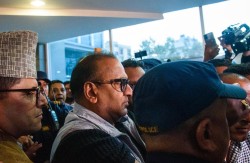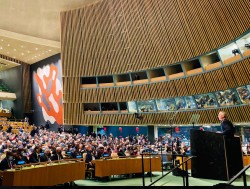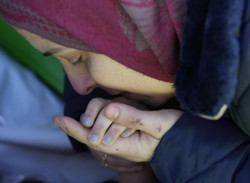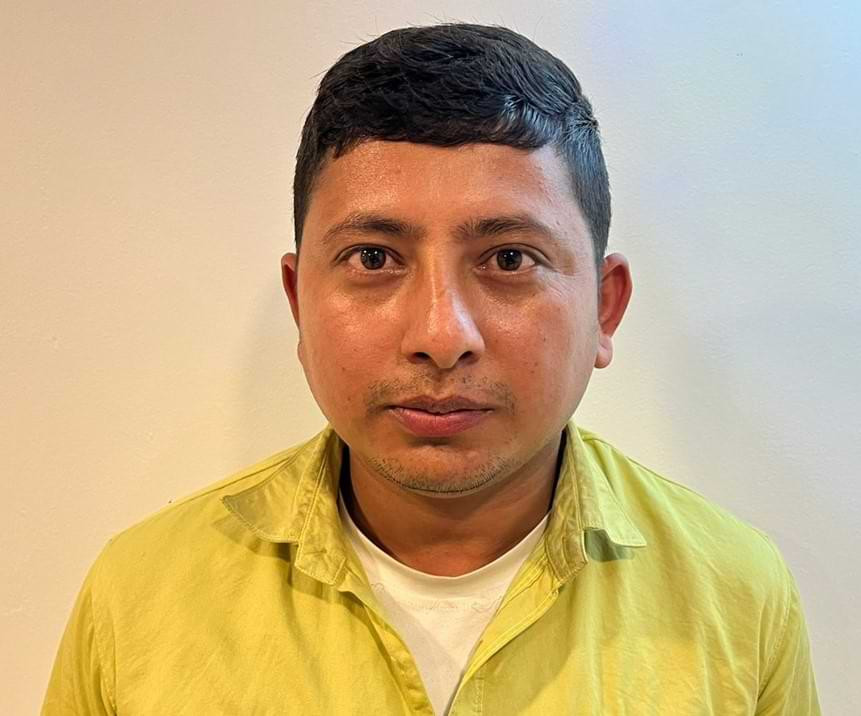Current Affairs
Like many Nepalis, I was disturbed to read the news about the beheading of a Nepali national, Bibek Dahal, of Udaypur, in Jubail jail in Saudi Arabia. I’m more disturbed now because I worked and lived in Saudi Arabia for around five years from 2012 to 2016. I’ve seen first-hand the harsh working conditions in the oil-rich Gulf country, notorious for its extreme weather conditions. And in August, 2014, I was one of the witnesses made to stand in central Riyadh to see a public beheading of another Nepali murder convict. More on that a little later.
The Saudi Arabian court, as I read, had found Dahal guilty of murdering his friend Rajendra Bista. In a separate incident, he was also found guilty of severely injuring a Sudanese national. Shockingly, he was also found guilty of involving in bestiality or sexual activity with an animal - reportedly. Soon after his imprisonment started in 2014, Nepal initiated diplomatic efforts to have him pardoned. Sadly, the Saudi Authorities ignored Nepal’s official request, and Dahal was beheaded on October 23.
I was born and raised in Dhungkharka, Kavrepalanchok, outside Kathmandu. But after completing high school, I got a chance to move to Saudi Arabia for foreign employment. After paying $1000 to Helping Hand Overseas Employment Agency, located in Basundhara, I landed a helper’s job at Farm Superstore in the Gulf kingdom. First, I was posted in Dammam; later I was transferred to Riyadh. I started enjoying my work because I met a lot of fellow Nepalis working in the Saudi capital. I enjoyed smiling at, or talking to, new people, particularly workers from India, Pakistan and Bangladesh.
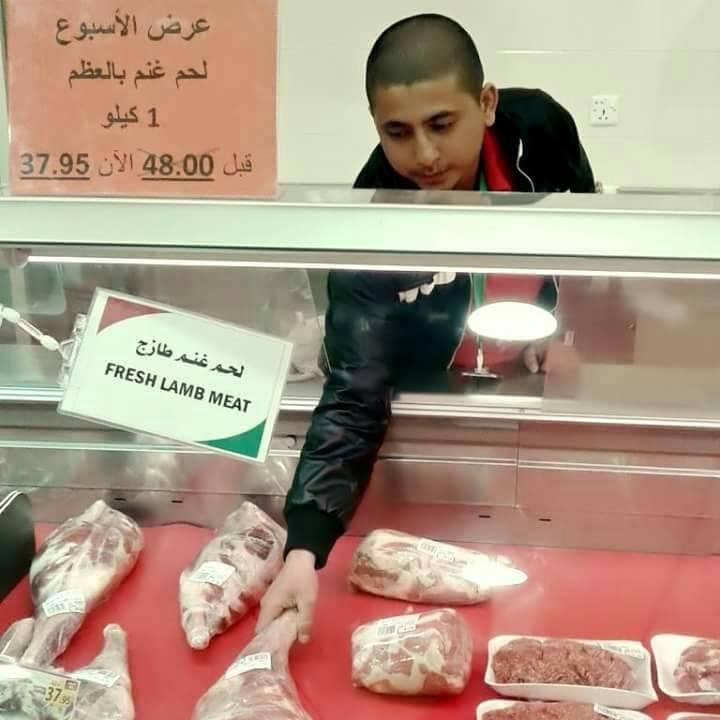
I also met fellow workers from the Philippines, Egypt and other north African countries. Most of us worked under the supervision of Saudi bosses, most of whom were tough. I had to work every day to earn my monthly salary of $500. There was no weekly day off. Time was passing by. One afternoon in August 2014, I was walking to my workplace from our shared dormitory. A big crowd had gathered near a square at Exit 25. Out of curiosity, I paused to see what was happening. Then a Saudi police officer called me saying, “Taal-taal [come-come]”. He signaled that I should join the crowd.
Scared, I felt my heart pounding. Once near, I found out from Indians in the crowd that a woman was being executed. Then someone said, “She’s from Nepal." That was enough to send chills down my spine. Now I started trembling. In the middle of the square, surrounded by prison staff, a burqa-covered body of a lady lay immobile. She had been sedated before she was driven to the square. Then one of the prison staff raised a sword and beheaded her. There was a pin-drop silence. I closed my eyes as I didn’t want to witness that. In less than a minute or two, the body was taken away for burial and the area was washed clean.
I wondered what crime she had committed.
“She killed an infant," a bystander said in Nepali. Then another explained she did so because she wanted to "escape from the trap of the Saudi family" after being told that "murdering someone would guarantee her deportation to Nepal". I was not sure if that was true. Later, I found out that Shova Pariyar worked as a housemaid and was found guilty of murdering a two-year-old Saudi toddler named Osama bin Maed al-Enzi.
I was deeply disturbed that day. That night I couldn’t sleep. For the first time in my life, I had witnessed a human being chopped off by a sword. And because the person was from Nepal, I was disturbed even more. I was traumatised. The image of her body being beheaded kept haunting me for months. Even now, I feel disturbed to recall what I saw in the middle of Riyadh that afternoon.
I was told beforehand that Saudi laws and rules were tough compared to Nepal. Once in Riyadh, I knew it all: Even spitting or urinating in public was a punishable offence with fines up to $1,300. That day, I think the Saudi Police wanted to show us the public beheading of the murder convict on purpose. But it was so disturbing and scary that it ignited terrible thoughts in me, too: What if I unknowingly commit any crime? Will I be the next one? That made it difficult for me to concentrate on my work for a long time. But sharing my experience with my Nepali colleagues helped me get over it and feel better.
Then I started enjoying my work again. I had no choice. I had to make money, send part of it to my parents and save part to pay back my debts. With no weekly off days and holidays, life was hard. But I persisted and tried to forget my pains. In 2015, Nepal was devastated by a 7.8 Magnitude earthquake. I came to know about it from my Filipino colleagues. Panicking, I started calling my relatives. I was glad to find out that everyone was safe and our house was intact. Then I started missing Nepal even more. After spending around five years in Riyadh, I returned home in 2016. I think life is much easier here in Nepal than in Saudi Arabia.
Watch: Death penalty and executions in 2020 by Amnesty International
(Dipak Timalsina is a news assistant at NepalMinute.com. He spent eight years in the Gulf – five years in Saudi Arabia and three in Dubai, UAE.)
